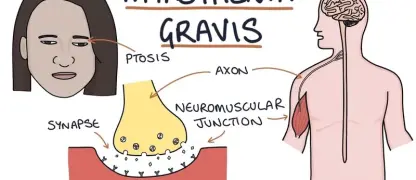If you have psoriasis, joint pain could be a sign of something more. Understanding what is psoriatic arthritis is the first step toward managing pain and protecting your joints.
What are the main causes of Psoriatic Arthritis?
- Psoriatic arthritis is an autoimmune condition, where the body's immune system mistakenly attacks healthy cells in the joints and skin, causing inflammation.
- A combination of genetic factors plays a significant role; having a family member with psoriasis or psoriatic arthritis increases your risk.
- Environmental triggers, such as a physical injury, stress, or certain infections like strep throat, can activate the disease in susceptible individuals.
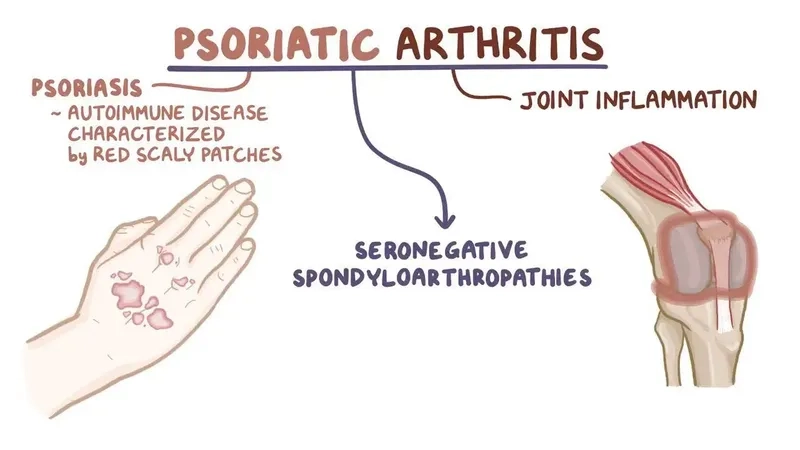
Key symptoms of Psoriatic Arthritis to watch for
- Common psoriatic arthritis symptoms include joint pain, stiffness, and swelling, which may be worse in the morning or after periods of rest.
- Look for specific signs like dactylitis (sausage fingers), where entire fingers or toes swell up, and enthesitis, which is pain where tendons attach to bone.
- Many people also experience skin psoriasis (red, scaly patches), nail changes like pitting, and profound fatigue that impacts their daily life.
How is Psoriatic Arthritis managed effectively?
- An effective psoriatic arthritis treatment plan often starts with NSAIDs or DMARDs to control inflammation and prevent further joint damage.
- For moderate to severe cases, biologics for psoriatic arthritis are highly effective targeted therapies that address specific parts of the immune response.
- Adopting an anti-inflammatory psoriatic arthritis diet, rich in fruits, vegetables, and omega-3s, can help manage symptoms alongside medical treatments.
>>> See more photos: Phenylketonuria - The importance of a lifelong PKU diet
The top Psoriatic Arthritis images everyone is searching for
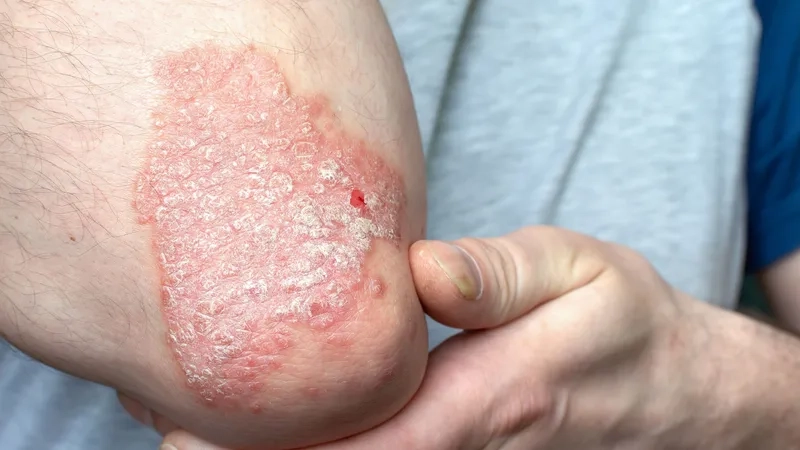
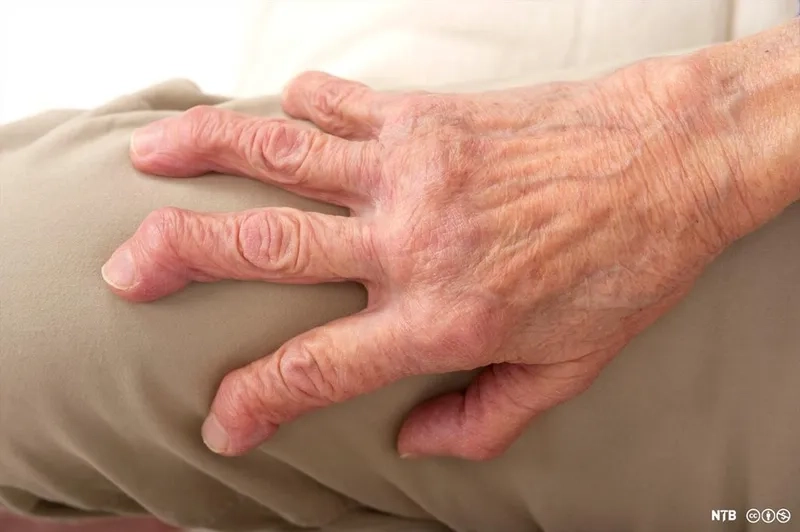
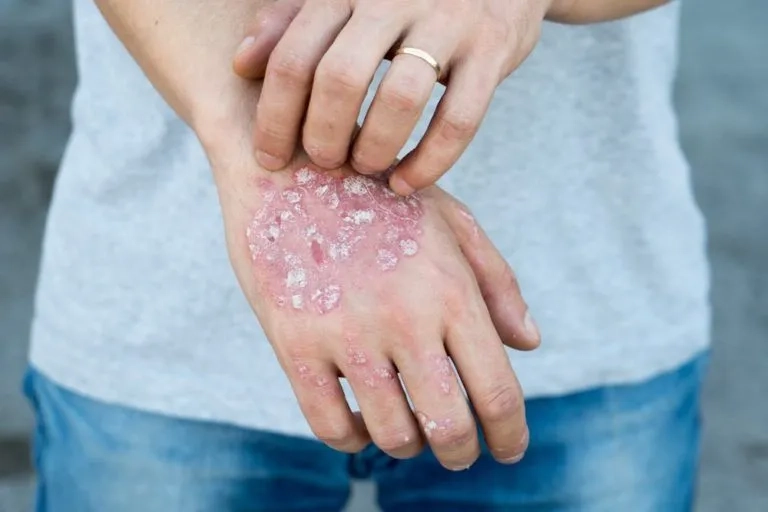
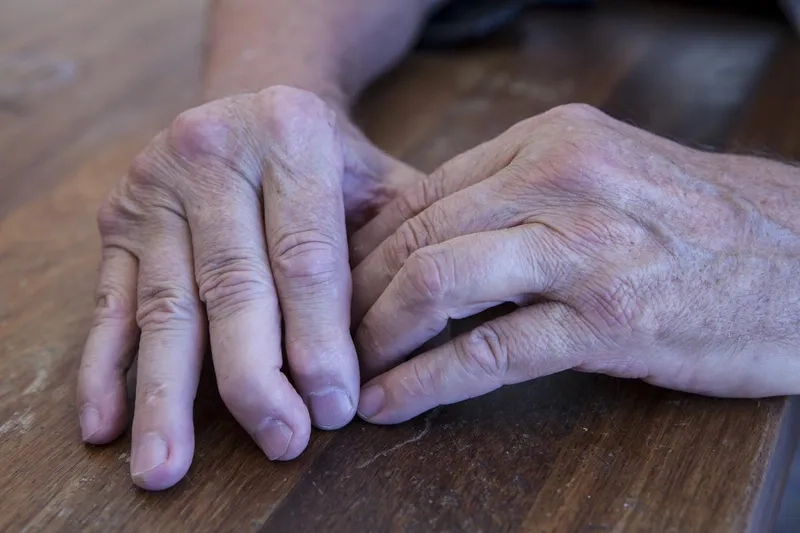
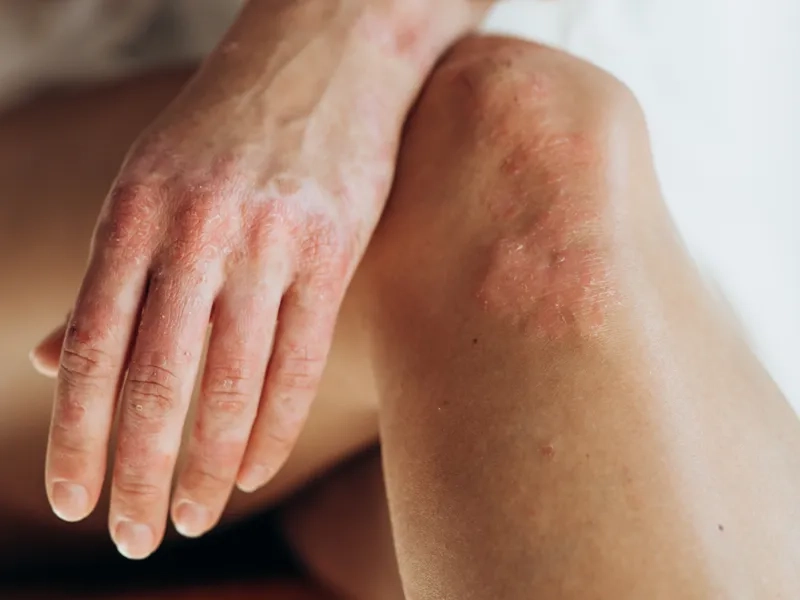
>>> Learn more: Osteoarthritis - Managing pain in your body's most common arthritis
Early diagnosis and treatment are crucial to prevent permanent joint damage. If you suspect you have psoriatic arthritis, consult a rheumatologist for an accurate diagnosis and care plan.
>>> Add more knowledge: Rheumatoid arthritis - New treatments for this autoimmune disease




